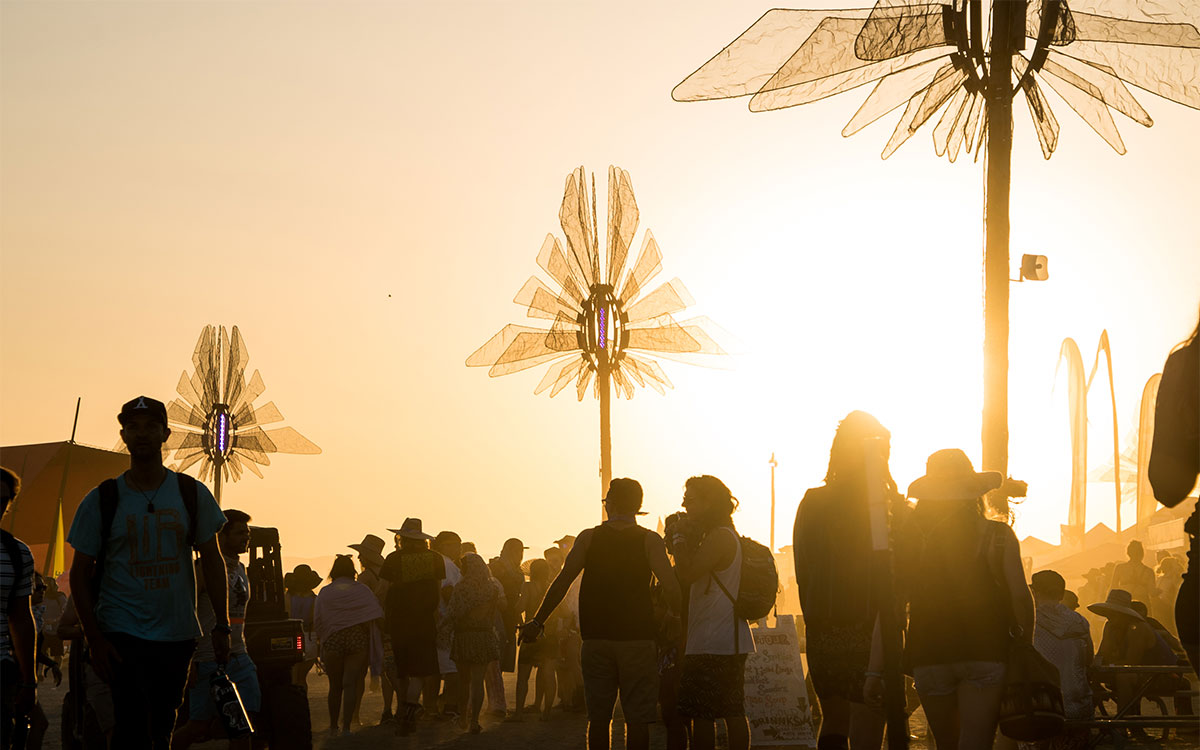Whether a small college fest, a chamber music weekend, or a multi-stage art and music extravaganza, organising a festival involves a variety of challenges, all of which must be overcome in order to stage a successful event. The process of planning and coordinating the essential elements of music, lights, atmosphere, installations, services, and people begins long before the event. When done well, it will go mostly unnoticed by the audience – but do this poorly, and the event will be memorable for all the wrong reasons. Here are a few things that go a long way towards making an event memorable for the right reasons:

1 Well-planned event space
The layout of a festival site is of the utmost importance. Whether the scale is epic or intimate, it should achieve this without seeming crowded or claustrophobic. The audience needs to be able to move around freely from one stage to another or to find a space to chill out. Equally, the festival crew should be ready to go about their work without worrying about getting in the way of visitors. Behind the scenes, there is a whole world that the audience will never see, which also needs to run smoothly.
2 Immersive Experiences
By definition festivals are immersive, offering a variety of sights, sounds, and smells. Even though the core of the festival may be music, the best offer more: art, workshops – and lately, immersive reality. Shared AR and VR experiences, like the “The Antarctic”, a 360 dome theatre at Coachella, broaden the appeal of a festival. It may not be why people go to a festival, but it might be the thing they talk about afterward.

3 There is a Plan B (and a Plan C)
Even though you have had a great day and everything appeared to run smoothly, the chances are that behind the scenes the organisers were dealing with at least one potential disaster. Having plans in place for when an artist is running late, a piece of key equipment fails or lousy weather strikes means a festival can continue without seeming to miss a beat. Plan B and Plan C may never actually get used – or may have been so well executed that you didn’t realize they were.
4 A well-spent artist budget
The headline act may be what initially got you interested in the festival, but hopefully, there will be many other acts you will enjoy seeing or discovering too. When booking acts, organizers try to provide something for everyone and balance the line up with headliners, support acts and minor artists. Better-known artists are spread out throughout the day, so the audience arrives early and stays late, keeping the festival and the vendors busy. Having the audience show up just for the headline act makes it a concert, not a festival. For that, you need balance and diversity in artist selection.
5 Unobtrusive security
Good security means that patrons are safe and have an enjoyable time. Bag checks are a time-consuming but essential part of getting into a festival. It is essential that this first interaction with the festival goes well so that the day starts on a positive note. Once the patrons are through the gates the security should not feel overbearing: they are there to help the audience have a good time, not stop them from doing so. The use of well-trained, professional, security staff is key to making everyone’s day better.
Think about the best festivals you have been to. Even though you may not have realized it at the time, the chances are the organizers got most of the above things right!

